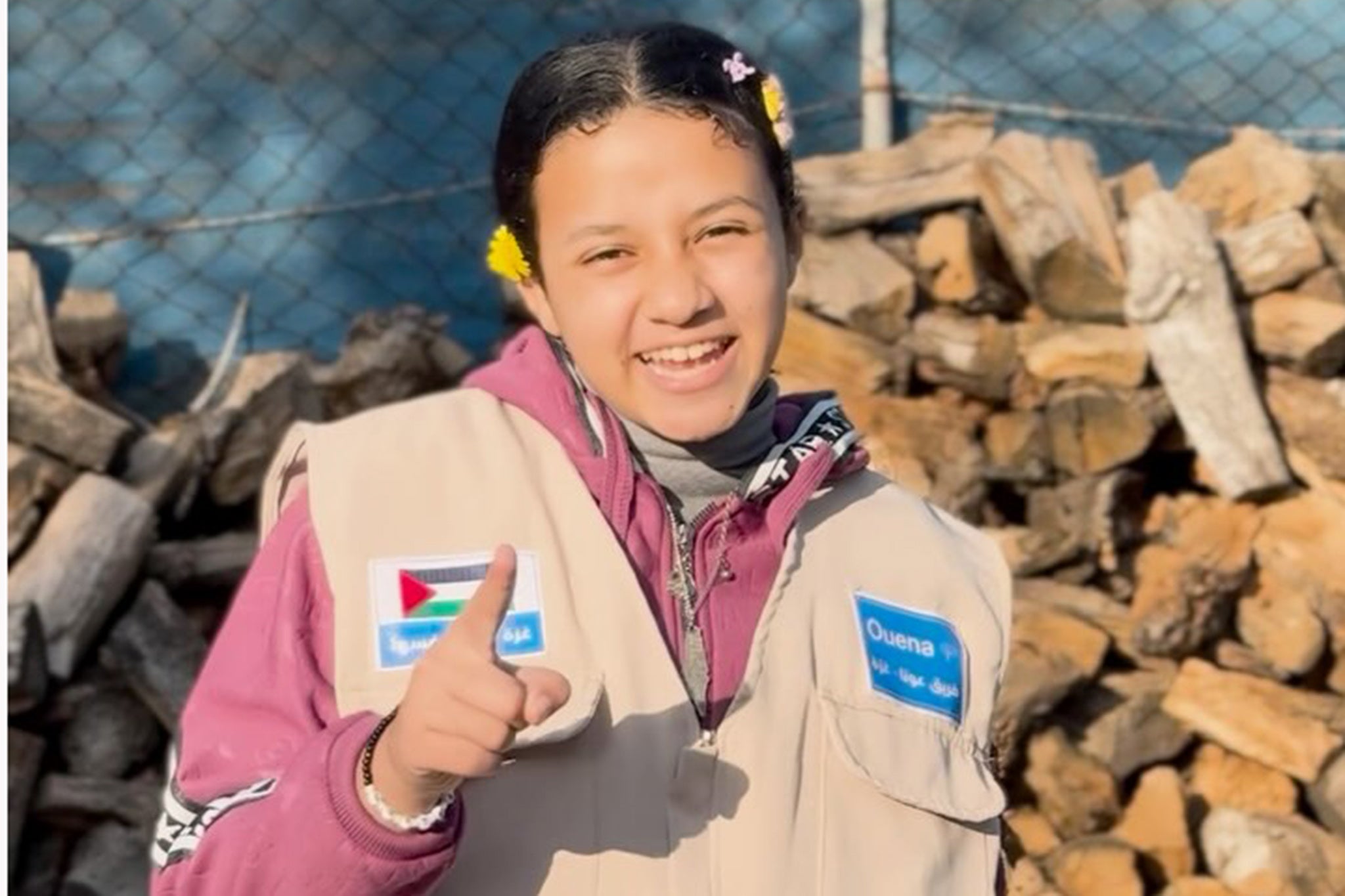By Moon Younes, in consultation with Ramya Kumar
In the course of the Gaza Genocide, Israel has dismantled Palestinian education both through the direct violence of bombing and through the slow, cumulative effects of hunger, displacement, and systematic destruction. Even in the absence of active violence, starvation, food insecurity, and the collapse of basic sanitation systems disrupt children’s cognitive, emotional, and psychological development, leading to enduring deficits in memory, attention, and learning retention. In Gaza, these conditions are not isolated crises; they are part of a comprehensive assault on life itself, with one in five children suffering from malnourishment.
The horrors of this genocide are so intimately woven into every aspect of daily life that discrete impacts like hunger risk becoming invisible in their ubiquity. Yet starvation is not a background condition. It is a method of erasure, one that sabotages not only the body but the mind, the capacity to learn, grow, and dream. Similar to how scholasticide targets Gaza’s future for destruction, the starvation of its population is deliberately designed to not only impede individuals’ ability to live but also society’s capacity to grow.
This essay traces the invisible violence of hunger: how it breaks down students’ ability to focus, to remember, to hope. It also focuses on how the people of Gaza, especially its educators and children, resist this violence. When every element of life is under siege—from nutrition to psychological safety to the right to learn—they are no longer isolated losses, but rather facets of a broader scholasticide. And while Gaza today represents the sharpest point of this crisis, history has shown us, from Bosnia to Rwanda, Syria to Yemen, that starvation alone can scar the future of a generation.






